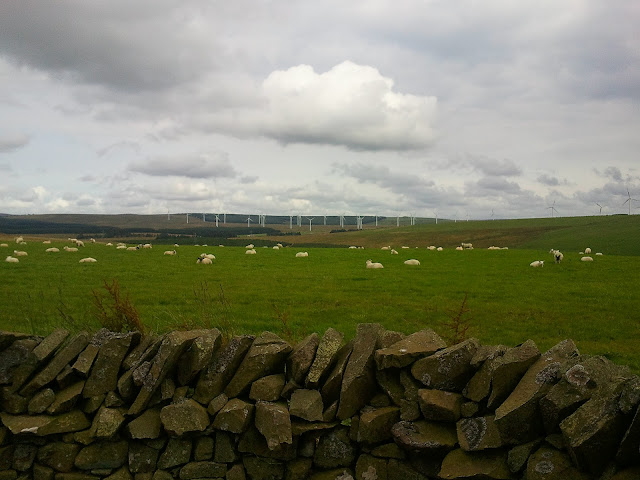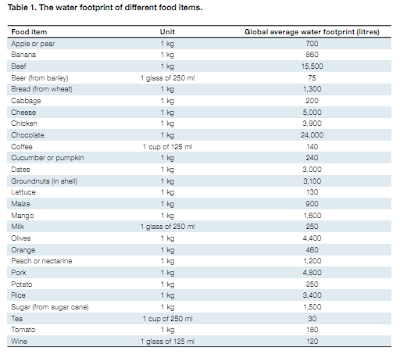Once the 4th largest lake in the world, the Aral Sea has reduced to only 10% of its original size in under 50 years due to over abstraction of water in the rivers which feed the sea. The world's newest desert, the Aralkum, has formed as a consequence, leaving fishing villages many miles from the coast and fishing boats stranded in the desert. The once thriving fishing industry is gone, along with twenty out of twenty four indigenous species. Dust, sand and salt from the now exposed sea bed are stirred up by the wind, causing high levels of respiratory illness. The images paint a very powerful picture of the impact that we can have on nature. ARAL SEA from Romain A on Vimeo . The decision to abstract water for irrigation from the two principle rivers which feed the Aral Sea, the Amu Darya and the Syr Darya, was well intentioned - part of the Soviet era campaign to turn nature to mankind's use and to provide an opportunity to develop agriculture on an industrial sc







